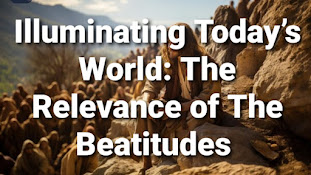What are the major themes in the Bible?

Have you ever opened a book to find an intertwining story woven through the words? The Bible isn’t just a single story, but a collection of many narratives which consistently repeat certain themes that underpin its foundation. When these recurring patterns emerge, it’s almost like watching an author build a puzzle, and slowly, piece by piece, the image is revealed. So, let’s unfold these significant biblical themes and perceive how they enrich our understanding of this divine manuscript. 1. God's Love Arguably the central theme in the Bible, God’s unconditional and unyielding love for all humanity sets the basis of Christianity. Displayed in John 3:16, it captures God's relentless pursuit for the redemption and salvation of His creation. God’s love theme continues in the crucifixion and resurrection of Jesus, illustrating the highest sacrifice to show an undying love for us. 2. Salvation Woven intricately within the old and new testament, Salvation il...









